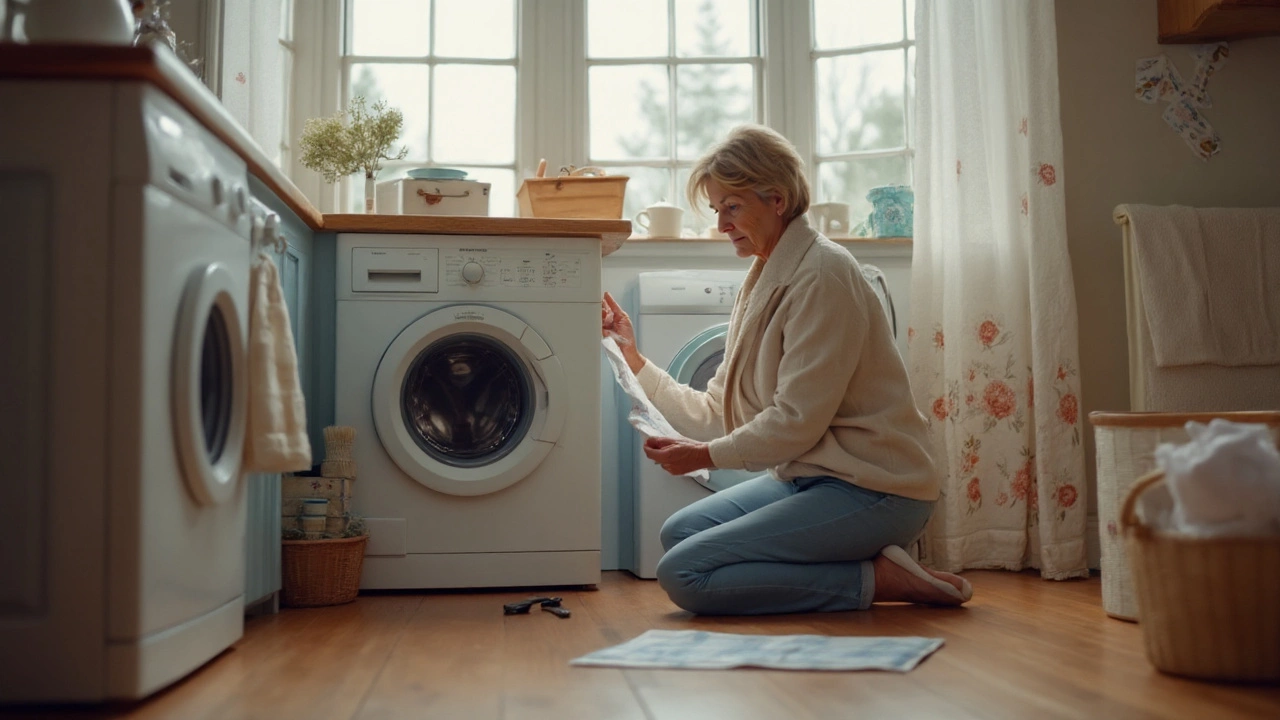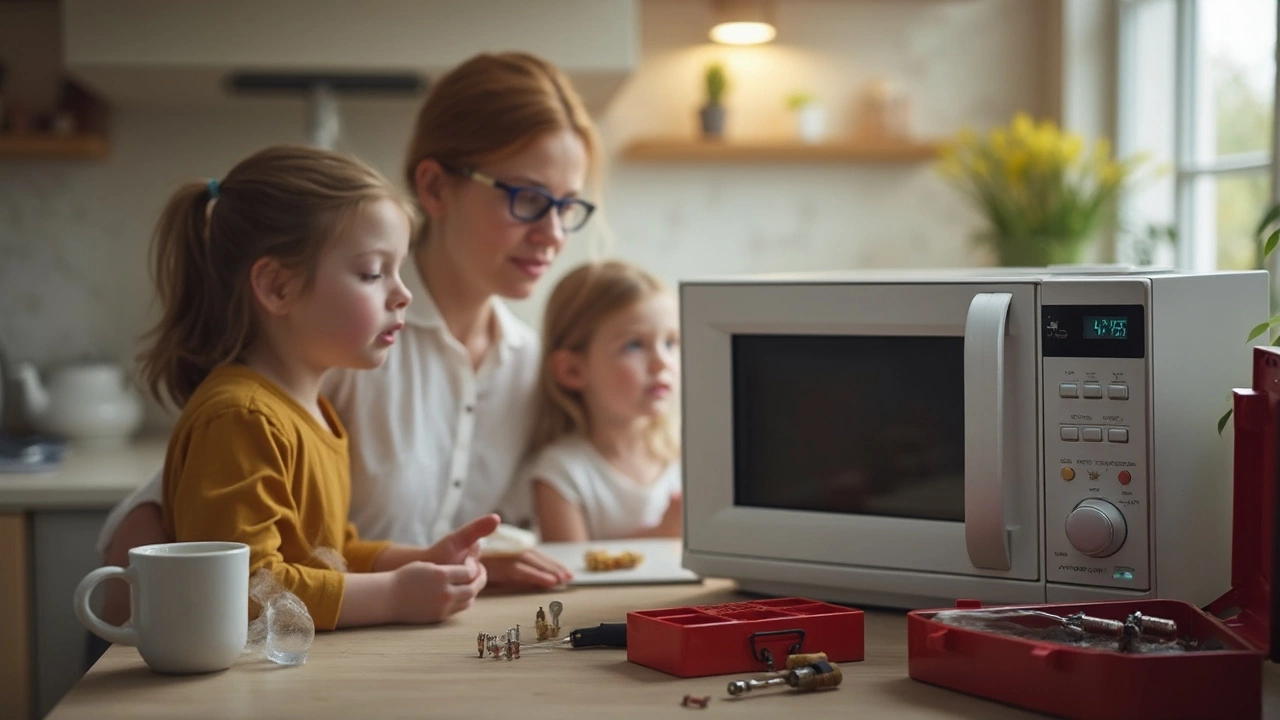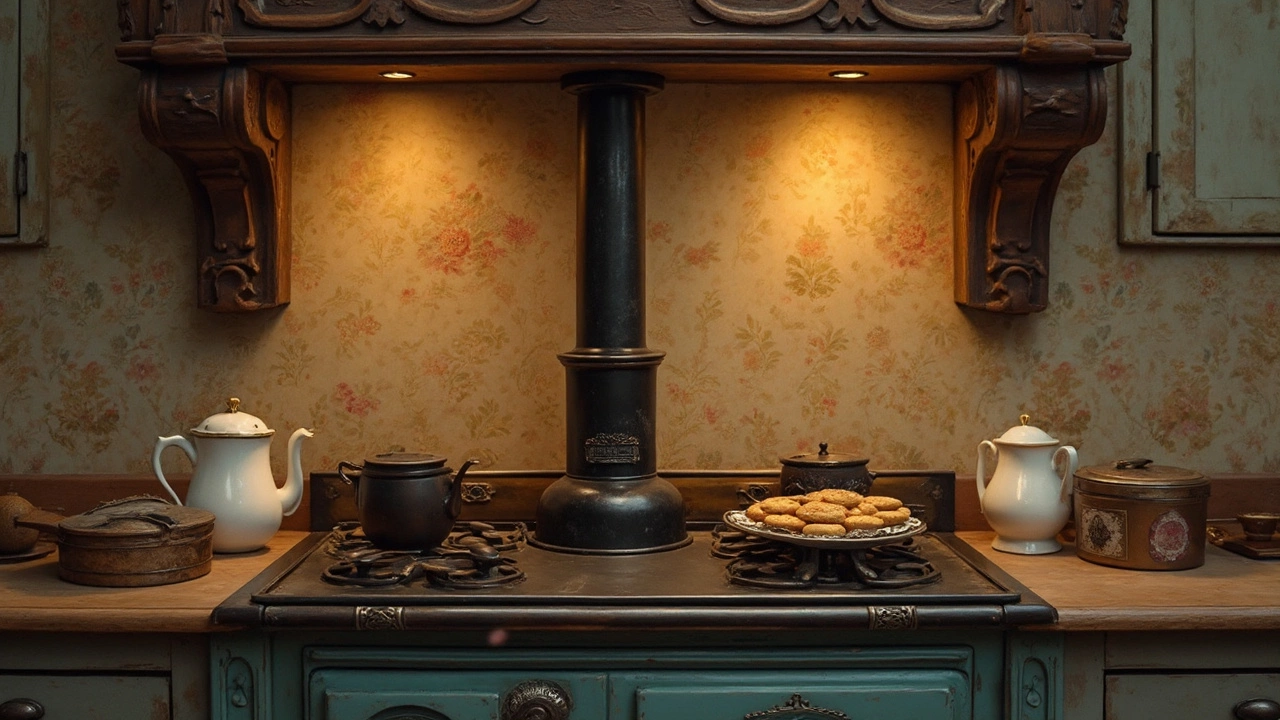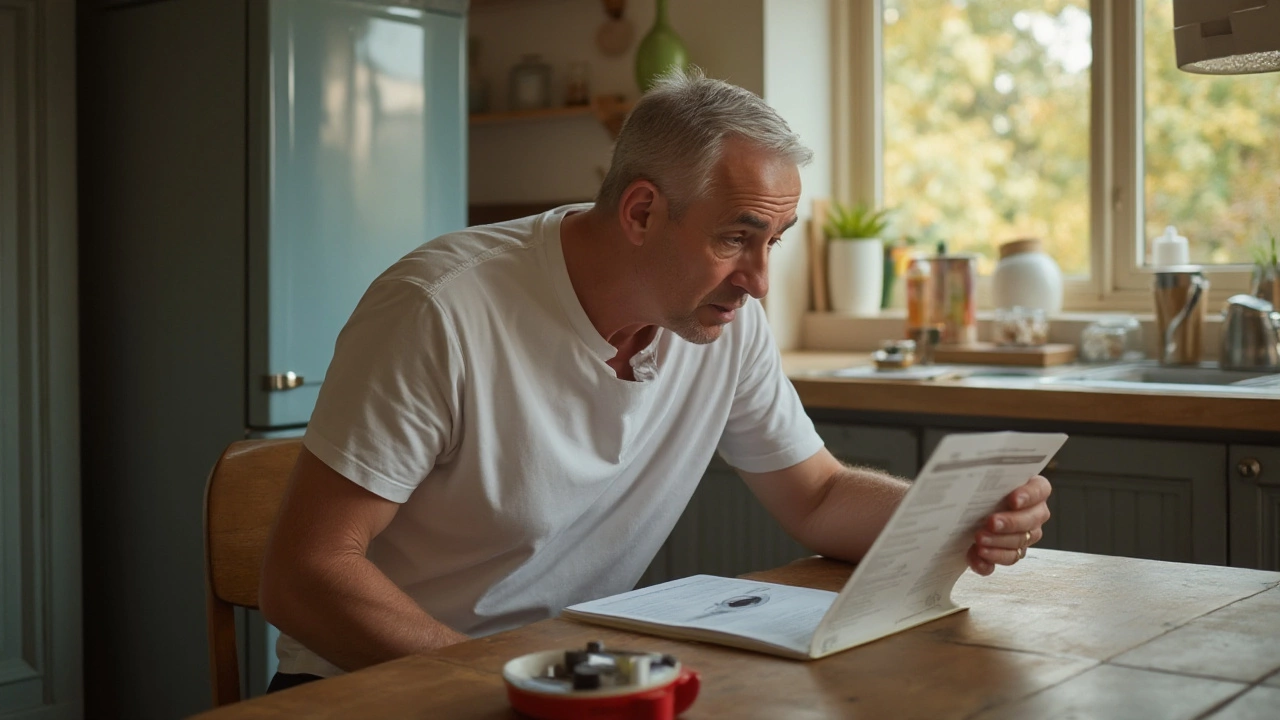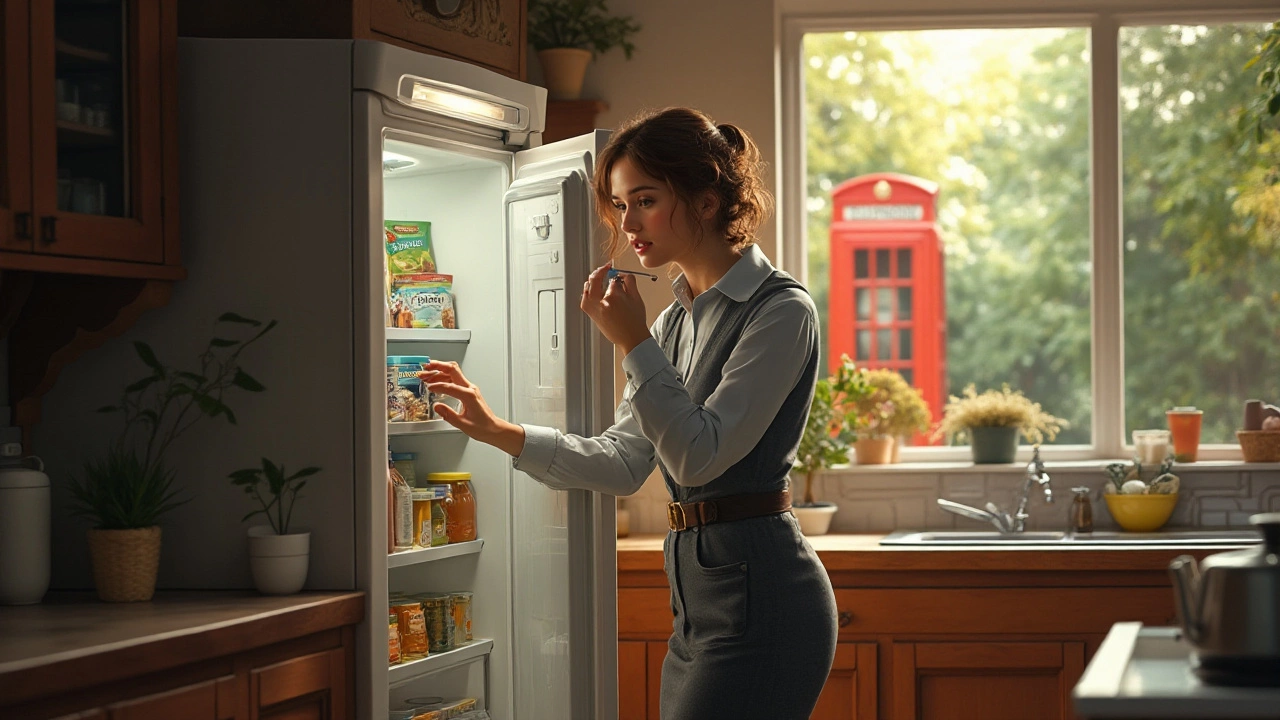Curious if you can fix your washing machine yourself? Learn when to DIY, how to spot faults, smart repair tips, and when to call a pro. Real advice for UK homes.
Appliance Troubleshooting Made Simple
If a fridge stops cooling or a dryer won’t dry, you don’t have to panic. Most home appliances give clues about what’s wrong. In this guide we’ll walk through the most common issues, show you easy checks you can do yourself, and tell you when it’s time to call an expert.
Common Problems and Quick Fixes
Water heaters – No hot water? First, check the breaker and make sure the pilot light (if you have a gas unit) is lit. Look for a tripped safety switch on the unit. If the heater is over ten years old, sediment may be clogging the tank. Flushing the tank can restore performance, but if you see rust or a leaking tank, consider a replacement.
Washing machines – A washer that won’t spin often means the lid switch is faulty or the drain hose is blocked. Pull the hose out and clear any kinks or debris. Run a short cycle without clothes to see if the spin returns. If the machine still hums but doesn’t move, the motor coupler may need a replace.
Tumble dryers – If the dryer takes forever to dry, the lint filter is probably clogged. Clean it and also check the vent pipe outside; a blocked vent reduces airflow and can cause overheating. A hot, dry dryer that won’t heat usually points to a blown thermal fuse – that part needs a professional’s attention.
Ovens and hobs – No heat from an electric oven? Test the heating element with a multimeter – if it shows no continuity, the element is dead and should be swapped. For a gas hob, a clicking sound with no flame often means the igniter is dirty. Turn off the gas, clean the igniter tip, and try again.
Heat pumps and boilers – A heat pump that cycles off quickly may have a dirty filter or a low‑temperature warning. Replace the filter and reset the system. For a boiler that’s making strange noises, bleed the radiators to release trapped air and check the pressure gauge; low pressure can cause the boiler to shut off.
When to Call a Pro
Some fixes are safe for DIY, but others involve electricity or gas and need a certified technician. If you ever smell gas, hear a hissing sound, or see water leaking from a heating unit, shut off the supply and call a professional right away.
Similarly, if you’ve tried the basic checks above and the appliance still won’t work, it’s probably a deeper issue like a faulty control board or a cracked tank. A qualified repair service can diagnose the problem quickly and often fix it cheaper than a full replacement.
At Nuneaton Appliance Repair Experts we specialise in all the appliances mentioned – from washing machines and dryers to boilers and heat pumps. Our technicians arrive quickly, bring the right tools, and explain what’s wrong in plain English.
Bottom line: start with the easy checks, keep safety first, and don’t hesitate to call a pro when the problem feels beyond your comfort level. With the right approach you’ll spend less time without hot water, laundry, or a working oven – and more time enjoying a smoothly running home.
- 29 Jun 2025
- Gideon Thornton
- 0
How to Tell If a Microwave Fuse Is Blown: Signs, Causes, and Easy Fixes
Microwave won’t start? Learn how to spot a blown fuse, why it happens, and what to do next. This guide explains real-world signs, causes, and solutions.
- 12 Apr 2025
- Gideon Thornton
- 0
Why Won't My Oven Heat Up?
Why is your oven refusing to heat up right when you need it? This guide explores common culprits behind a malfunctioning oven, from faulty heating elements to electrical issues. Learn easy troubleshooting techniques and tips to get your oven back on track without calling a repairman. With insights into both electric and gas ovens, you'll find practical advice to handle everyday setbacks in the kitchen.
If your oven isn't heating up like it used to, you might be dealing with a broken element. This guide breaks down the tell-tale signs of a faulty oven element and provides simple tips on how to confirm and fix the issue. With basic troubleshooting and safety advice, this article helps you navigate oven woes with ease. By understanding common symptoms and solutions, you'll be better prepared to handle this common household problem.
Does your oven need mending, or are you better off buying a new one? This article dives into the nitty-gritty of oven repair versus replacement. You’ll learn what factors to consider, potential costs, and how to decide what's best for your kitchen setup. Packed with practical tips and eye-opening facts, it's a guide for anyone staring down at a faulty oven.
If your freezer is not keeping your food cold, don’t panic. This comprehensive guide will walk you through common reasons your freezer may not be functioning properly and provide actionable solutions to help resolve the issue, ensuring your food stays fresh and safe. Learn how to identify and fix problems with fan motor failures, condenser coil blockages, and other typical issues that could disrupt your freezer's cooling ability.
Diagnosing problems with your electric oven can save you time and money. From understanding power supply issues to recognizing faulty heating elements, this article guides you through common electric oven problems and their solutions. Learn how to spot malfunctioning thermostats, misaligned door seals, and more. Empower yourself with knowledge to tackle minor repairs before calling in the professionals. Keep your kitchen running smoothly and meals perfectly cooked with these practical tips.
When your refrigerator stops cooling, it can be more than just an inconvenience. This guide will walk you through the necessary steps to diagnose and fix the problem, from checking the thermostat settings to inspecting door seals and cleaning condenser coils. These simple fixes could save you the expense of a service call and get your fridge working efficiently again.

